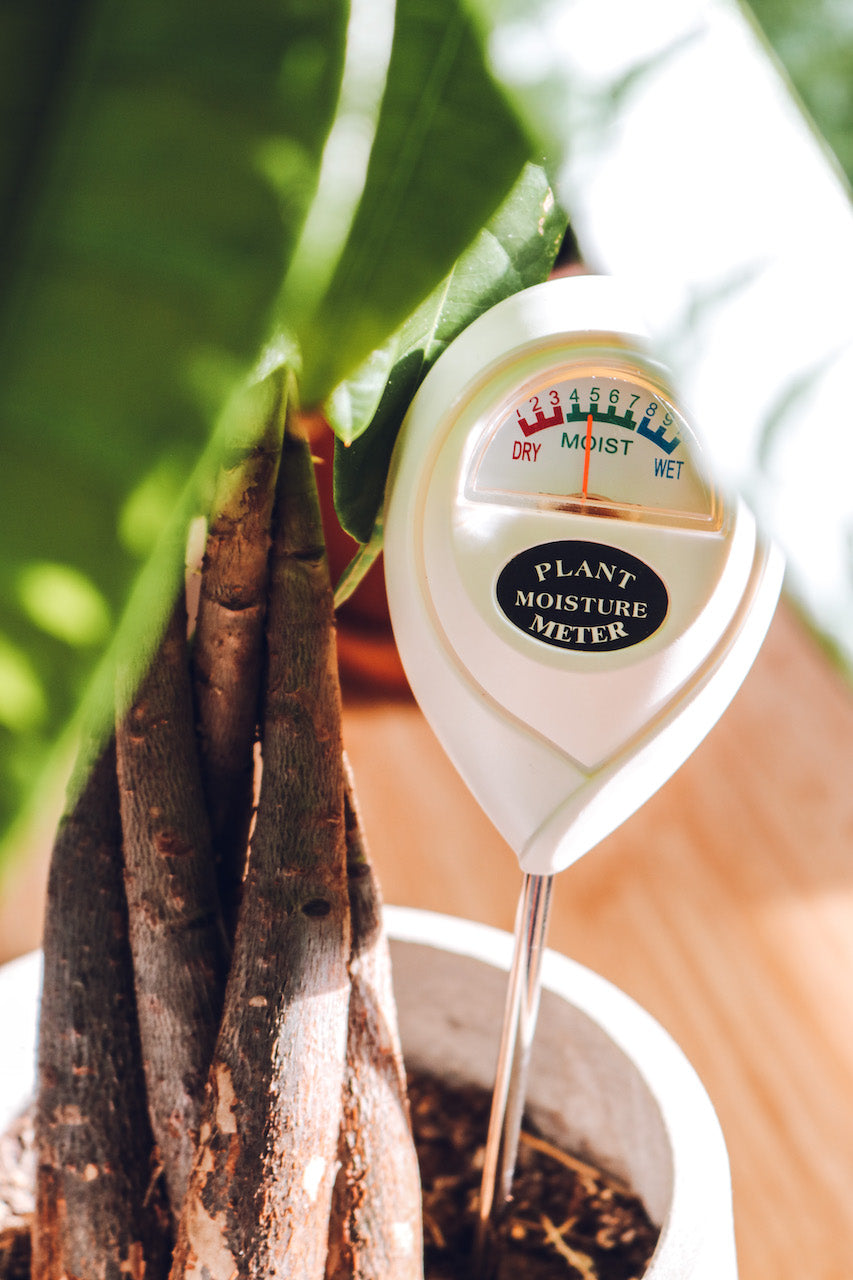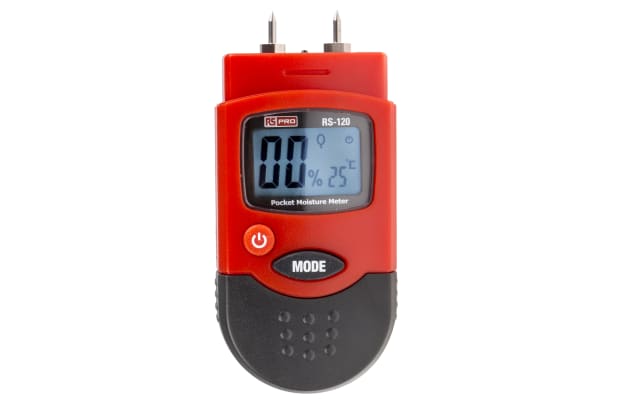Why Every Home Owner Needs a Moisture Meter: Key Advantages and Functions
Why Every Home Owner Needs a Moisture Meter: Key Advantages and Functions
Blog Article
The Ultimate Guide to Moisture Meters: A Comprehensive Review and Exactly How They Can Save You Cash
In the world of building upkeep, building and construction, and different industries, the relevance of precisely measuring dampness levels can not be overstated. Dampness meters work as indispensable devices in finding and keeping an eye on moisture content in products, aiding in protecting against expensive damages and making certain the high quality of items. Comprehending the nuances of various sorts of wetness meters, their applications, and the potential cost-saving advantages they offer can be a game-changer for professionals and services alike. Discovering just how these devices can not just streamline procedures but additionally add to monetary savings is a journey worth starting.
Kinds of Moisture Meters
Numerous types of dampness meters are available for different applications in numerous sectors. One common type is the pin-type moisture meter, which measures the electrical resistance between two pins placed right into a product. This kind is ideal for timber, drywall, and various other building products. Pinless moisture meters, on the other hand, use electro-magnetic sensing unit plates to check a bigger location without causing damages to the product's surface area. Moisture Meter. These meters are optimal for swiftly analyzing dampness degrees in huge locations such as floorings and wall surfaces.

In addition, there are additionally specialized moisture meters designed for details products like hay, grain, or soil. These meters offer accurate dampness readings customized to the special residential or commercial properties of the material being examined. Infrared wetness meters measure the thermal properties of a product to identify its moisture material non-invasively, making them useful for applications where pin or pinless meters might not be appropriate. Understanding the various types of dampness meters readily available can help industries choose one of the most suitable tool for their details wetness measurement needs.

Benefits of Making Use Of Wetness Meters
Dampness meters provide very useful advantages in precisely analyzing and keeping track of moisture levels in diverse products and settings (Moisture Meter). Among the primary benefits of utilizing wetness meters is the avoidance of possible damage caused by excess wetness. By identifying and addressing high moisture levels early, wetness meters aid to prevent mold growth, rot, and structural damage in buildings, saving both money and time on repair work. In addition, dampness meters help in making certain the top quality of products throughout construction or manufacturing processes. By accurately measuring moisture content, these tools help maintain the integrity of timber, drywall, concrete, and various other products, lowering the threat of failings or issues.
Moreover, using wetness meters can lead to increased energy performance. In agricultural setups, dampness meters play an important duty in optimizing plant returns by enabling farmers to keep an eye on dirt moisture degrees and make educated irrigation decisions.
Exactly How to Pick the Right Moisture Meter
Choosing the ideal moisture meter includes taking into consideration essential aspects such as product compatibility, measurement range, and calibration precision. When picking a moisture meter, it's necessary to make certain that the meter is appropriate for the certain product you will certainly be testing. Different materials have differing electric residential properties that can affect moisture readings, so choosing a meter created for your product is crucial for accurate results. Furthermore, think about the measurement series of the wetness meter. Make sure that the meter can find dampness degrees within the array needed for your my review here applications. Calibration precision is an additional essential variable to maintain in mind. Go with a dampness meter with reliable calibration to ensure consistent and precise analyses. Some meters might call for regular calibration modifications, so comprehending the calibration process is essential. By thoroughly evaluating these factors, you can pick a moisture meter that fulfills your requirements and supplies exact wetness measurements for your jobs.
Proper Strategies for Wetness Meter Use

Cost Savings Via Dampness Meter Applications
How can the strategic application of wetness meters lead check over here to considerable cost financial savings throughout numerous markets? In the farming market, moisture meters aid in establishing the optimum time for gathering crops, avoiding excess or over-drying wetness that can affect the last product's quality.
Similarly, in construction, dampness meters aid protect against costly problems by finding wetness levels in building materials, such as timber or concrete, which can cause structural concerns if not resolved immediately. By determining problem locations at an early stage, professionals can take rehabilitative procedures to avoid extensive repair services or replacements, inevitably saving money and time.
Additionally, in the food handling sector, wetness meters are necessary for monitoring product quality and making certain conformity with safety guidelines. By properly gauging moisture content in food products, suppliers can prevent spoilage, preserve freshness, and minimize waste, causing substantial cost savings. In general, the tactical application of wetness meters is a useful financial investment that can bring about substantial cost reductions and improved efficiency across numerous markets.
Final Thought
To conclude, dampness meters are useful devices for measuring and detecting moisture levels in various materials. By making use of the appropriate dampness meter and adhering to appropriate methods, individuals can successfully stop try this website expensive damages brought on by excess moisture. Investing in a quality moisture meter can lead to substantial price financial savings over time by determining prospective issues early on and making it possible for punctual remediation. Ultimately, dampness meters are crucial tools for preserving the integrity and long life of products and structures.
Wetness meters offer as crucial tools in identifying and keeping an eye on moisture content in products, helping in protecting against expensive problems and guaranteeing the top quality of products. Infrared dampness meters measure the thermal homes of a product to determine its wetness content non-invasively, making them beneficial for applications where pin or pinless meters might not be suitable.Dampness meters provide very useful advantages in properly monitoring and examining dampness levels in diverse products and environments. In agricultural settings, wetness meters play a critical role in maximizing plant yields by enabling farmers to keep an eye on dirt dampness degrees and make educated watering decisions.In conclusion, moisture meters are important devices for spotting and determining dampness degrees in numerous products.
Report this page